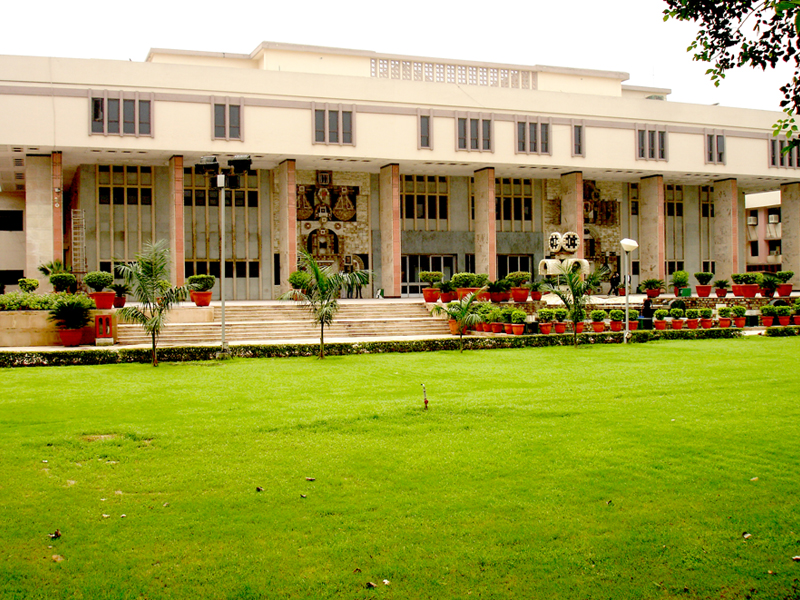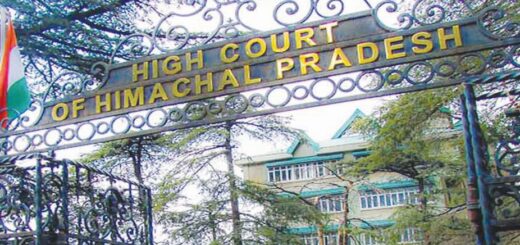Delhi High Court instructs police to work with social media companies to develop a guide for emergency information requests.

The Delhi High Court has directed the Delhi Police to work with social media companies like Meta and Google to develop a guide on how law enforcement can request and quickly access information from these platforms in emergencies and criminal cases. This order came after the police faced difficulties in obtaining important data from social media during investigations, especially in cases of missing persons or urgent crimes. A Division Bench, including Justice Prathiba M Singh and Justice Amit Sharma, noted that many Investigation Officers (IOs) might not know how to retrieve information from these platforms, leading to delays. Therefore, they suggested that the Delhi Police Commissioner should take this issue to the Delhi Police Headquarters (PHQ) to coordinate with the platforms and create a handbook for all police stations needing urgent information.
To tackle this problem, the Court advised the Delhi Police Commissioner to escalate the issue to the PHQ and collaborate with social media platforms. The aim was to create a detailed handbook for all police stations, explaining how to request information and listing the designated officers from the platforms. The Court also recommended that if training is necessary, the Commissioner should arrange meetings with the platforms to conduct training sessions for police officials. This would ensure better cooperation and timely information sharing in serious cases to prevent crimes or gather needed information during investigations.
This order was made in response to a habeas corpus petition from the parents of a missing boy. The Delhi Police told the Court that they had contacted Meta for details about the boy’s Instagram account, phone number, location, and device information after receiving a tip, but Meta had not replied. The Court had earlier asked Meta to cooperate. It noted that there is often a significant delay between police requests for information and responses from social media platforms, especially in urgent cases like missing persons or bomb threats. To address this issue, the Court had previously instructed major social media platforms to provide their standard operating procedures (SOPs) for handling law enforcement information requests. Platforms such as Google, Meta, WhatsApp, Telegram, and Reddit submitted their SOPs, detailing how they respond to these requests.
The Court stated, “Currently, most platforms agree that for emergency requests from Law Enforcement Agencies, the 72-hour deadline set in Rule 3(1)(j) of the Information Technology (Intermediary Guidelines and Digital Media Ethics Code) Rules, 2021, is seen as a maximum time, and in most emergencies, they try to provide information as quickly as possible.” The Court was also informed that, despite the Delhi Police’s efforts, the missing boy had not been found. Consequently, the investigation was handed over to the Anti-Human Trafficking Unit (AHTU) for further action. The case will be reviewed again on December 11.
Cause Title: Shabana v. Govt. of NCT Of Delhi & Ors., [2024:DHC:8835-DB]








